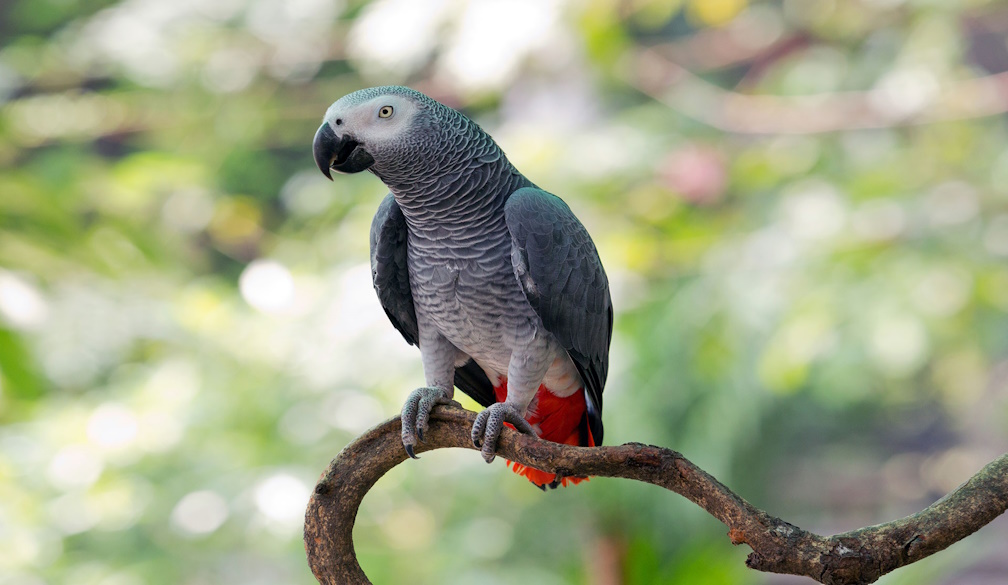Exotic Animals as Pets in Australia: What You Need to Know

Australia is known for its unique and diverse wildlife, but when it comes to keeping exotic animals as pets, there are specific rules and considerations. If you're thinking about welcoming an exotic pet into your home, here's what you need to know.
What Are Exotic Pets?
Exotic pets are animals that are not native to the region and are unusual to keep as domestic companions. This category can include reptiles, birds, amphibians, and small mammals like ferrets or rats. They often require specialized care and living conditions to thrive.
Legal Requirements
Before bringing an exotic animal into your home, it's vital to understand the legal requirements in Australia. The laws vary from state to state, and some exotic pets are banned altogether to protect native wildlife and ecosystems.
- Permits and Licenses: In most states, you'll need a permit to keep an exotic pet. The type of permit required depends on the species and sometimes even the intended use (e.g., educational or personal).
- Species Restrictions: Certain species are prohibited from being kept as pets due to their potential impact on the environment and native species. For example, in Queensland, keeping ferrets is illegal, while in other states, they may be allowed with a permit.
- Importation Rules: Importing exotic animals into Australia is tightly controlled to prevent the introduction of diseases and pests. Even if an animal is allowed as a pet, bringing one from overseas requires meeting stringent quarantine and health checks.
Considerations for Exotic Pet Ownership
Owning an exotic pet is a significant responsibility. Here are some key considerations:
- Specialized Care: Exotic animals often have specific dietary, habitat, and social needs. For instance, reptiles require precise temperature and humidity levels, while birds may need ample space to fly.
- Veterinary Care: Not all veterinarians are equipped to handle exotic animals. It's important to find a vet who specializes in exotic pet care to ensure your pet remains healthy.
- Lifespan and Commitment: Many exotic pets have long lifespans. Turtles, for example, can live for decades, and parrots can live for over 50 years. This long-term commitment should be carefully considered.
- Ethical and Conservation Concerns: The exotic pet trade can sometimes contribute to the decline of wild populations. Ensuring your pet comes from a reputable, ethical source is crucial to avoid supporting illegal wildlife trafficking.
Popular Exotic Pets in Australia
Here are a few exotic pets that are commonly kept in Australia, subject to local laws and permits:
- Bearded Dragons: These reptiles are popular due to their docile nature and relatively easy care requirements.
- Birds: Species like cockatiels and budgerigars are beloved for their intelligence and sociability.
- Amphibians: Frogs like the Green Tree Frog can make interesting pets but need carefully maintained environments.
- Small Mammals: Guinea pigs, rats, mice, ferrets and rabbits can be kept, though they require specific diets and habitats.
Final Thoughts
While keeping an exotic pet can be a rewarding experience, it comes with considerable responsibility and legal obligations. Always do thorough research and ensure you are prepared to meet the needs of your exotic companion. By doing so, you can enjoy the unique companionship of these fascinating animals while respecting Australia's laws and conservation efforts.





